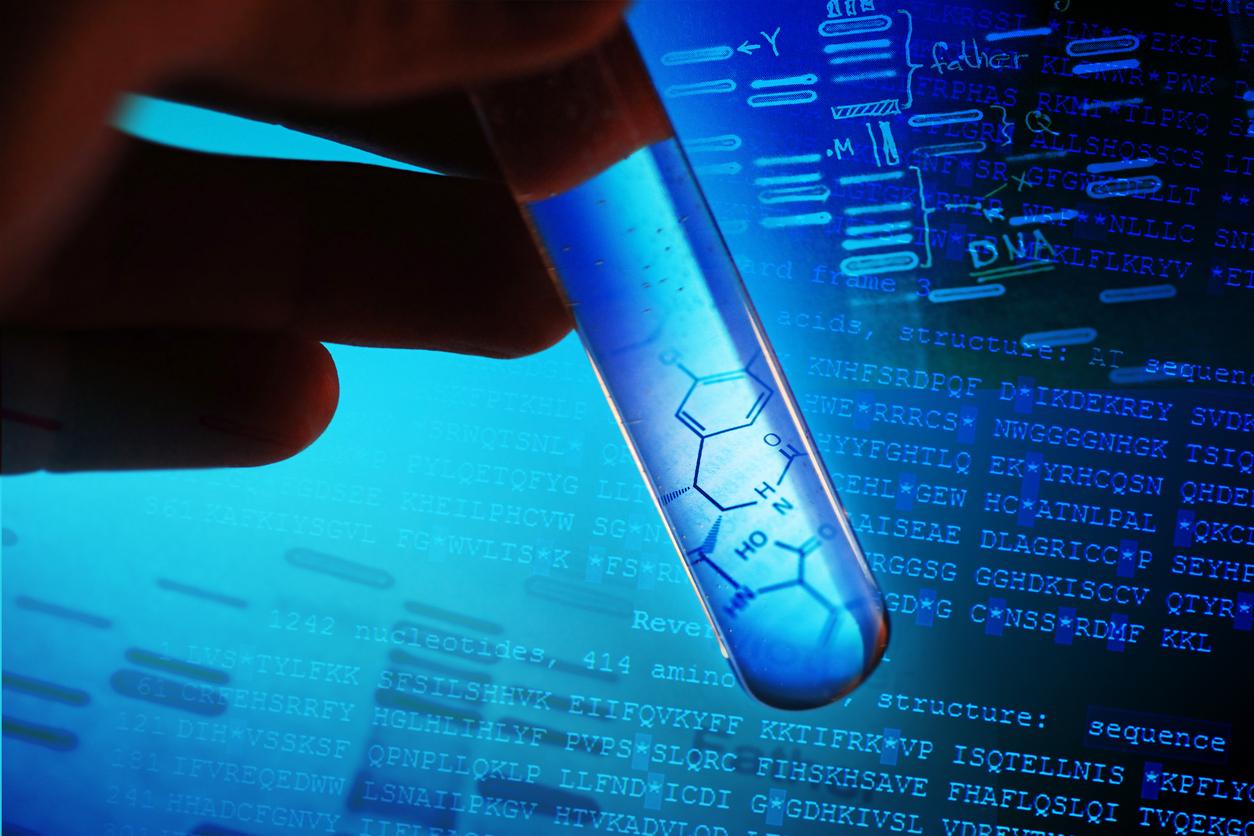
Three of the world's largest philanthropic organizations yesterday announced the launch of a new $50 million effort to boost discovery of new antibiotics for gram-negative bacteria.
Launched jointly by the Bill & Melinda Gates Foundation, the Novo Nordisk Foundation, and Wellcome, the Gram-Negative Antibiotic Discovery Innovator (Gr-ADI) will focus on discovery of direct-acting small-molecule antibiotics with broad-spectrum activity against Enterobacteriaceae, with Klebsiella spp. selected as the pathogen to be used in all proposed project. The program aims to address the lack of novel antibiotics for gram-negative bacteria and the public health threat posed by antimicrobial resistance (AMR).
Data sharing and collaboration
According to a news release, Gr-ADI will function as a consortium whereby multiple funders, research institutions, and industry partners share data and work collectively.
"New drugs are critical to preventing needless deaths from the superbugs created by AMR," said Trevor Mundel, PhD, president of global health at the Gates Foundation. "An unconventional model of drug discovery and development—driven by innovative approaches and cross-organisation collaboration— could be the key to unlocking the pipeline of antibiotics that can be used to target drug-resistant pathogens."
"Through the Gr-ADI program, grant recipients will not only focus on their individual projects but will also become integral members of a consortium dedicated to data sharing, with a focus on specific gram-negative bacteria," said Marianne Holm, MD, PhD, vice president of infectious diseases at the Novo Nordisk Foundation.
Projects funded by Gr-ADI will be selected through a request for proposals. Projects with a duration of up to 3 years and maximum requested budget of $5 million are eligible for funding.
.jpg)
.jpg)

















